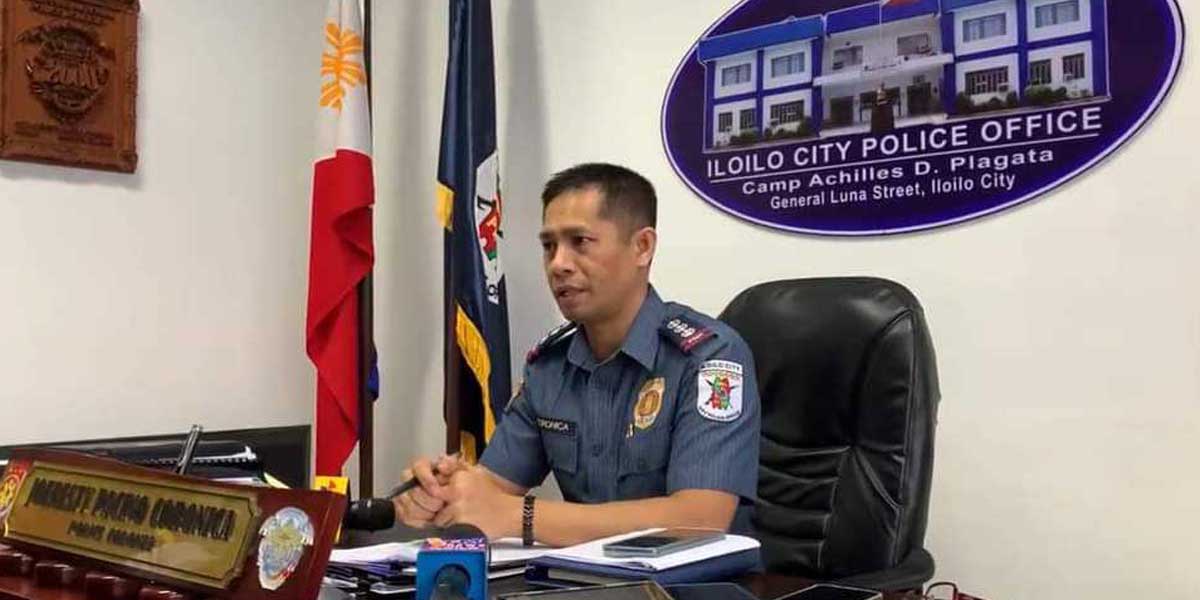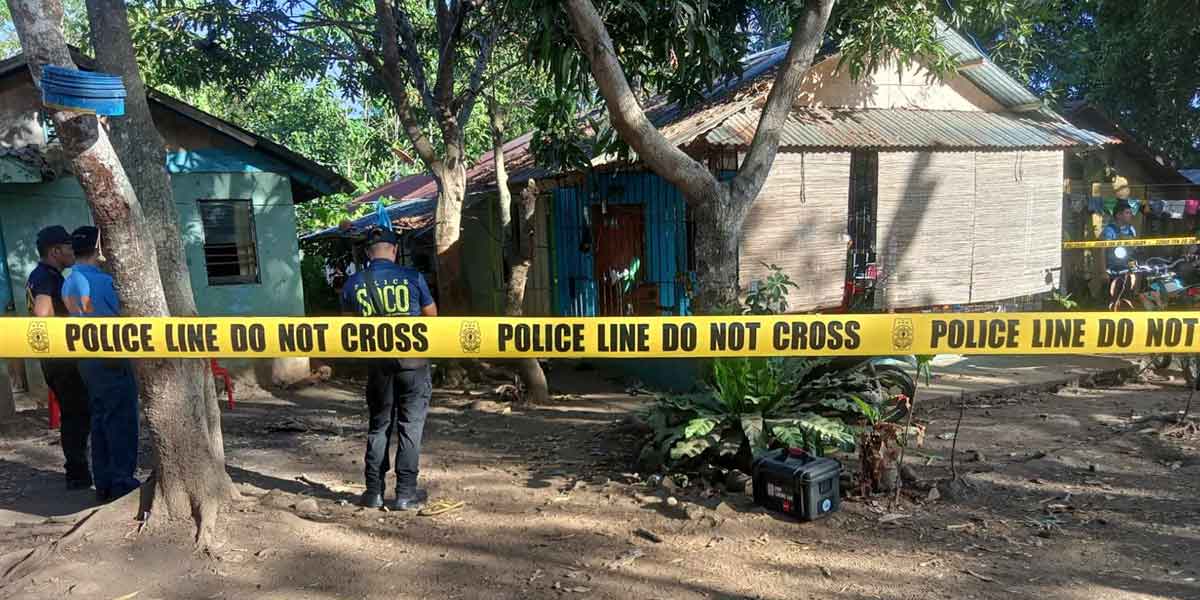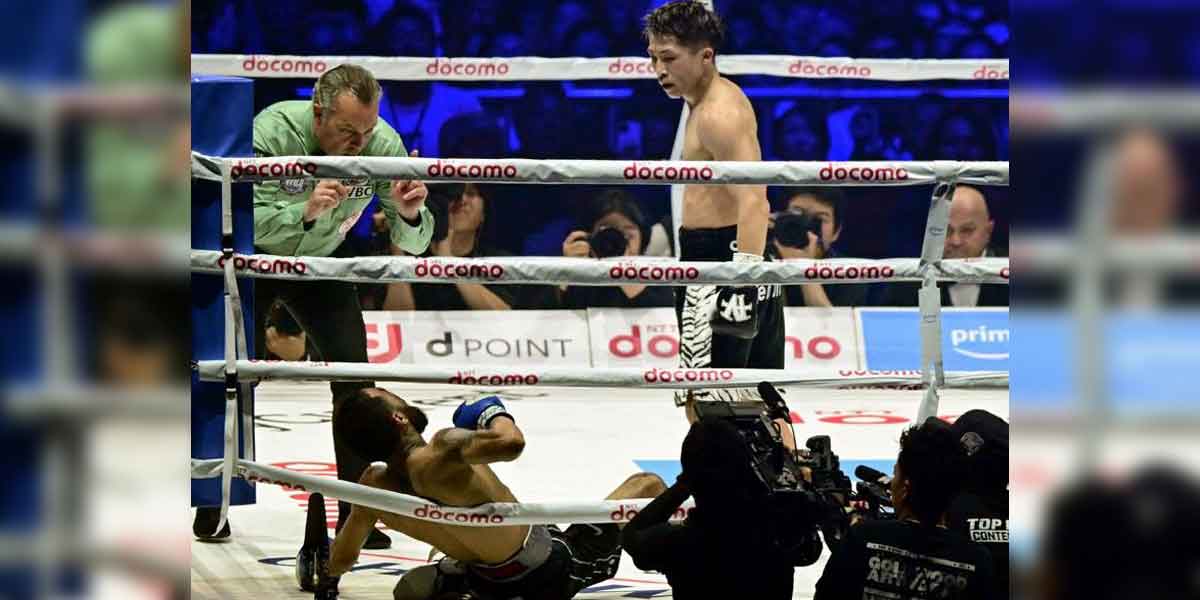 By Modesto P. Sa-onoy
By Modesto P. Sa-onoy
During the fiesta Mass in honor of San Sebastian, the patron saint of the Diocese of Bacolod on January 20, Bishop Patricio A. Buzon announced his Pastoral Letter, “Receiving and Giving: A Pastoral Letter on the Spirituality of Stewardship”. He said he had wanted this Pastoral Letter written three years ago after the conclusion of the Second Diocesan Pastoral Assembly. His homily focused on this theme.
The bishop also announced that the diocese has prepared a five-year plan that will serve as a road map in “our journey together as listening Church towards holiness.” The plan consists of structures, programs, and activities, but these will need a “spirituality” otherwise, it is “not sustainable, just as a body without a soul is not viable”.
The diocese thus committed “to embrace Jesus’ spirituality as his disciples…expressed in responsible stewardship.” The plan has also “adopted stewardship as the overarching theme and the spirituality of stewardship to underpin and animate our whole diocesan pastoral program.”
But what does “spirituality of stewardship” mean? To the laypeople, this is a difficult term to comprehend much less to put into practice in one’s life. Bishop Buzon understands this difficulty and he explained the concept during his homily. The paper distributed after the Mass explains the idea, so that “we can have a common understanding and appreciation” of these two terms” “spirituality” and “stewardship”.
Stewardship, the bishop explained, is “to imitate Jesus in his generous self-giving in fulfilling the will of the Father. When we generously give, we become Christ-like. To be Christ-like is to realize like Jesus that everything that one has is from the Father (Jn 17:7) and that one is called to ensure that nothing is lost of that which was received. (Jn 18:9).”
How about spirituality? The bishop said that spirituality “is our life in the Spirit – or better still, the life of the Spirit in us. It is about how we allow the Holy Spirit whom we received in baptism to move and act in us and transform us into sons and daughters of God, by configuring us to Christ, the Son of the Father. By His actions, our minds and hearts are gradually shaped into that of Christ and our lives mature into His fullness.”
The bishop admitted that there is difficulty, so he cited Msgr. Louie Galvines, now Bishop of Kabankalan, who gave him a “short primer” on what spirituality is all about. Bishop Galvines who had a doctorate in spirituality from the Angelicum in Rome gave him a practical way which I also believe makes reaching for spirituality less difficult to understand and easier to take part of our lives.
According to Bishop Buzon, Bishop Galvines called it “subtraction”. It “consists of subtracting one by one anything in us that is not Christ until only Christ remains. It is what St. John the Baptist meant when he said, ‘He must increase but I must decrease.’ (Jn 3:30). It is living the paschal mystery of dying to ourselves so that Christ may live in us. (Gal 2:19-20). Only then can we be fully configured to Christ.”
Combining the “spirituality” and “stewardship”, what does it entail?
The Bacolod bishop explained that “the spirituality of stewardship is one that forms us to acquire the mind and heart of Christ, the servant/steward.” It is based “on the primordial truth that we do not own anything in this world. We are not owners but only stewards.” He cited St. Paul who said, “What do you have that you have not received? And if you have received, why do you claim it is yours? (1 Cor 4:7)”.
He reminded us that “when we are aware of this truth, we begin to view life differently and behave accordingly.” We then experience four major changes in our way of living which are the four primary elements of stewardship: (1) Gratitude, (2) Responsibility, (3) Increase in which God expected to gain from what we received and (4) Generosity like that of San Sebastian who gave generously of the faith he received although it brought him suffering and death.
At this stage we have the concepts; I don’t know when the concrete programs will be revealed. It will be from our priests in the parishes where we will know them, but most of all in the way our pastors live.






















